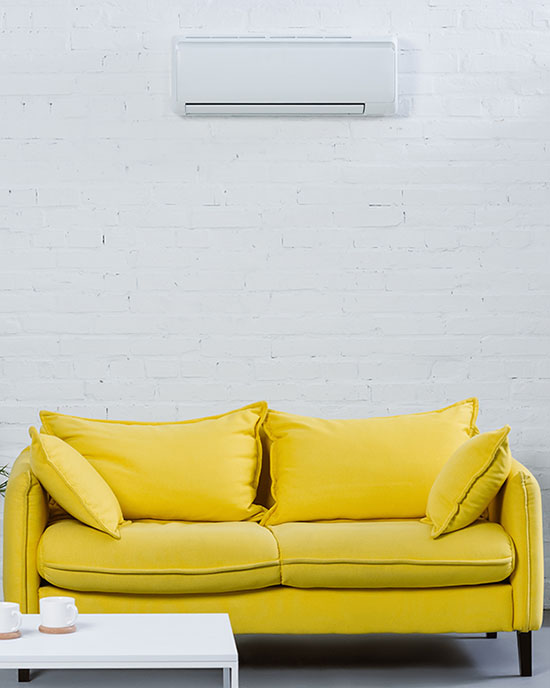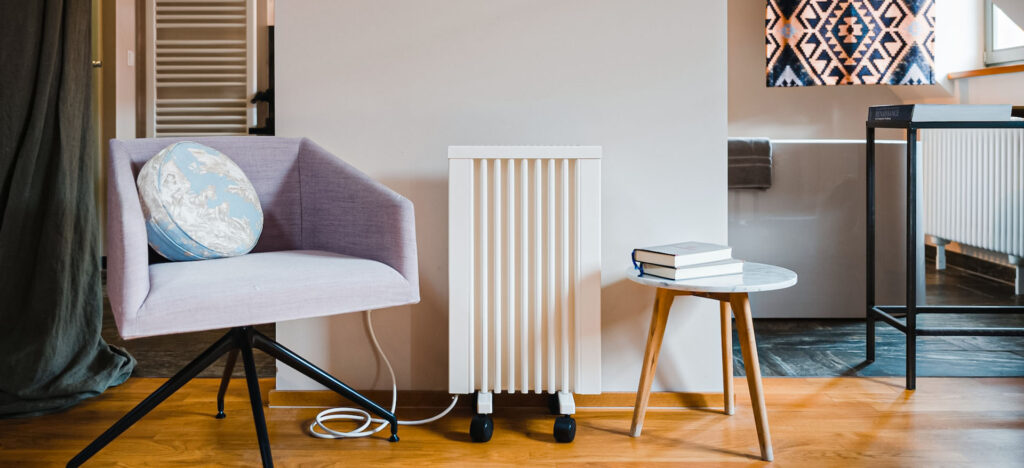How Humidity Affects Your Ac And What You Can Do About It
Humidity levels can have a significant impact on air conditioning (AC) systems. High humidity in the home increases energy costs, reduces comfort and causes damage to homes due to condensation. In order to better understand how humidity affects AC performance and what you can do about it, this article will explore the effects of high humidity on air conditioning systems and offer solutions for reducing its effect.
The first part of the article focuses on understanding why too much moisture in the air is an issue for your AC system. It explains how excess water vapor works against an AC by lowering efficiency, increasing wear and tear, and damaging various components.
The second portion provides methods for controlling indoor relative humidity that can help maintain proper temperature control with less strain on the cooling system. Together these two sections provide effective strategies for dealing with humid conditions inside your home while keeping your AC running as efficiently as possible.
What Is Humidity?
Humidity is the amount of water vapor present in air. It affects air quality, as well as comfort levels indoors and outdoors.
High humidity can lead to a feeling of stuffiness, due to the decrease in evaporation that takes place when there is more moisture present in the atmosphere. Humidity also impacts air conditioning systems, making them less efficient at cooling rooms if they are not properly maintained.
The level of humidity is measured using a hygrometer or psychrometer which measures relative humidity (RH). Generally speaking, outdoor RH should be between 30-50%, while indoor RH should be around 40-60%.

If it rises above these numbers for prolonged periods of time, condensation will occur on walls and windows and mold may begin to form. To reduce high indoor humidity levels, AC units must be regularly serviced and cleaned so they operate efficiently and remove excess moisture from the air.
Other methods such as humidifiers can help maintain ideal conditions inside by adding extra moisture during dry seasons or environments.
How Does Humidity Affect Air Conditioning?
Humidity levels can have a significant impact on air conditioning systems. When the humidity in an indoor environment is too high, it makes the air feel warmer and more uncomfortable than it actually should be.
To deal with this situation, air conditioners must work harder to reach their desired temperature setting. This results in higher energy usage, leading to increased operating costs for homeowners or businesses.
In order to maximize efficiency and maintain comfortable temperatures despite high humidity levels, it is important for AC units to be properly maintained and operated at optimal settings.
Additionally, proper air circulation throughout the building helps move humid air away from the space being cooled by the AC unit. If there are any ventilation issues present due to blocked ducts or other problems that hinder airflow within the structure, then these need to be addressed so that adequate cooling can occur during periods of high humidity.
What Are The Signs Of Excess Humidity?
Humidity can have a significant impact on the performance of an air conditioning system. Excess humidity in your home can lead to discomfort and make it harder for your AC unit to keep you cool during hot weather.
Certain signs may indicate that there is too much moisture in the air, such as excess condensation forming on walls or windows, high temperatures inside the home, and musty odors.
If any of these signs are present, it is important to address excessive humidity problems before they worsen. Installing a dehumidifier in areas where there is a lot of moisture will help reduce the levels of humidity within your house, making it easier for your AC unit to work more efficiently and provide better cooling throughout the summer months.
Additionally, running exhaust fans after showers or other activities that cause steam can also help lower indoor humidity levels.
Why Is It Important To Control Indoor Humidity?
Humidity is an important factor to consider when controlling the indoor environment of a home or office. It can have a direct influence on comfort levels and can even lead to damage of materials inside the building.
High humidity can cause damp proofing issues, as well as increase dust mite numbers and bacteria growth rates in certain areas. Therefore, it is essential to maintain suitable relative humidity levels throughout all areas of your property.
The best way to control the level of humidity indoors is by using dehumidifiers. These are designed to reduce moisture content from air, which helps keep mold spores at bay while also preventing wood rot and other similar problems caused by high levels of moisture in the air.
Additionally, they help promote better air quality by reducing volatile organic compounds (VOCs) that accumulate due to excessive moisture in the atmosphere. Dehumidifiers should be used properly according to manufacturer instructions for optimal results.
By controlling the indoor humidity, you can ensure a comfortable living or working space with minimal risk from health hazards related to excess moisture buildup in enclosed spaces.
What Are The Best Ways To Reduce Humidity?
Humidity plays an important role in how comfortable the indoor environment of a home or office can be. As it increases, air conditioners may struggle to keep up with cooling demands and cause discomfort for occupants. That is why controlling humidity levels inside buildings is essential to maintaining a pleasant living or working space.
Fortunately, there are several effective ways to reduce humidity indoors.
Ventilation systems help expel humid air from enclosed spaces by exchanging stale air with fresh air from outside; this also helps improve overall air quality as well as reduce excessive moisture within the room.
Dehumidifiers are another option that use refrigeration technology to remove moisture from the atmosphere and then collect water droplets into a reservoir that must be emptied periodically.
Additionally, turning on exhaust fans when taking hot showers or cooking can help prevent condensation buildup over time.
These solutions can all make significant contributions towards lowering humidity levels and providing greater comfort while indoors.
How To Maintain Optimal Humidity Levels
Maintaining optimal humidity levels in your home is an important part of keeping your air conditioner running efficiently. When the relative humidity rises too high, it can affect the performance of your air conditioning system and cause discomfort for you and your family.
Fortunately, there are a few steps that you can take to maintain balance and keep your AC functioning properly. The first step is to check the settings on your thermostat. Many modern units come with a built-in humidistat that allows you to control the level of moisture in the air automatically.
You should also ensure that any vents or filters connected to your system are clean so that they don’t trap excess moisture inside. Additionally, you may want to consider investing in a dehumidifier if necessary as this will help reduce the amount of moisture present in the air around your home.
Taking these measures will help keep humidity levels at a comfortable level while ensuring that your AC runs smoothly throughout its life span.

How To Troubleshoot Humidity-Related Ac Issues
It is important to maintain optimal humidity levels in order to ensure the efficiency of your air conditioning (AC) system. Unfortunately, this isn’t always possible, and troubleshooting humidity-related AC issues can become necessary.
In such cases, it is best to start with condensation prevention as a priority; make sure that all parts of your AC are properly insulated and sealed in order for them to function optimally.
In addition, ensuring proper air filtration can help reduce the amount of dust particles that could potentially clog up areas like filters or drain lines on an AC unit. This will also improve indoor air quality and result in less stress on the entire HVAC system by preventing any blockage due to dust build-up over time.
Regularly replacing air conditioner filters and cleaning out ducts can further prevent potential problems related to humidity levels within the home. Making these changes may not solve every issue, but they should at least provide some relief from common humidity-related complications associated with running an AC system.
Conclusion
It is important to keep indoor humidity levels under control.
High humidity can cause mold, mildew, and other health problems, as well as damage your air conditioning system.
To reduce the risk of these issues, homeowners should regularly monitor the relative humidity in their home and take steps to maintain optimal levels.
This may include using a dehumidifier or utilizing proper ventilation techniques such as opening windows on cooler days and sealing any dangerous drafts.
Additionally, regular maintenance of air conditioning systems will help ensure they are running properly and efficiently while reducing the risks associated with high indoor humidity levels.







